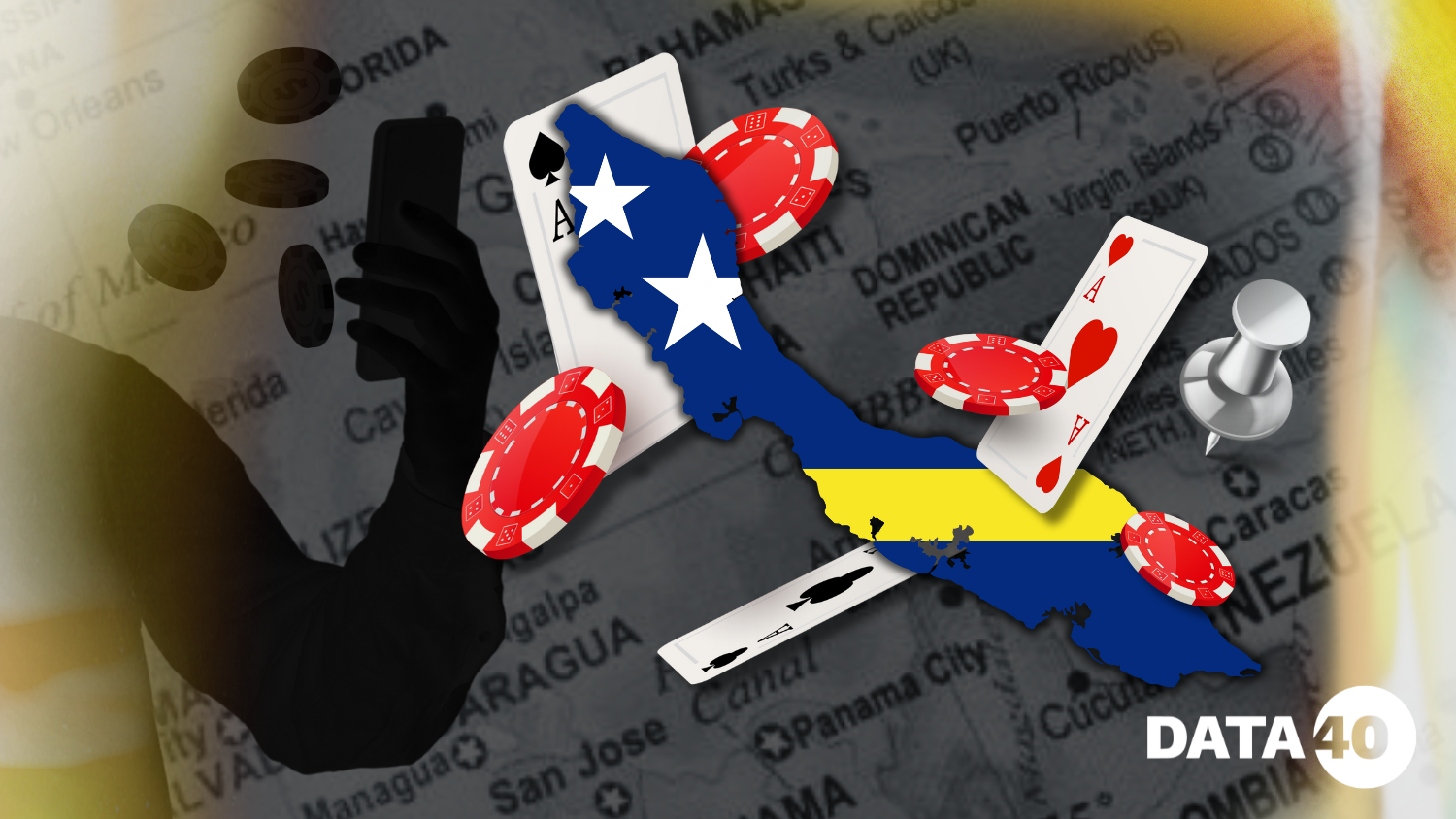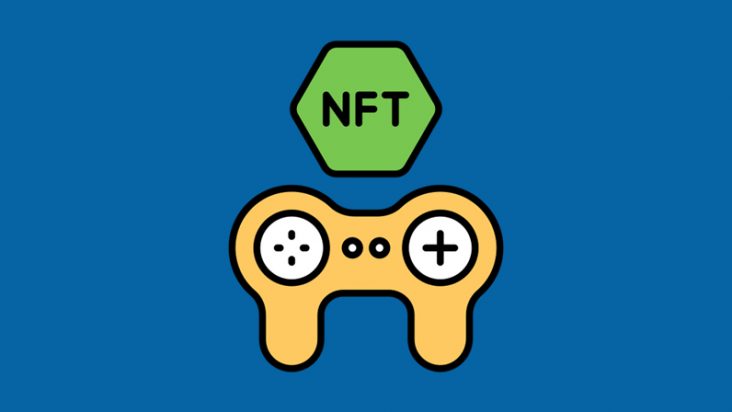

The iGaming industry, encompassing online casinos, sports betting, and other digital gambling platforms, has experienced remarkable growth in recent years. In 2022, the global online gambling market was valued at approximately $63.53 billion and is projected to reach $70.64 billion in 2023, reflecting a compound annual growth rate (CAGR) of 11.7% from 2023 to 2030.
This rapid expansion underscores the increasing demand for online gambling services worldwide. Notably, the sports betting segment dominated the market with a revenue share of approximately 49% in 2022.
In the United States, the iGaming sector has also seen significant growth. As of September 2024, nationwide iGaming revenue stood at $6.03 billion, marking a 27.2% increase over the same period the previous year.
The iGaming industry, covering online casinos, sports betting, and other digital gambling platforms, has witnessed extraordinary growth in recent years. Globally, the online gambling market was valued at $63.53 billion in 2022 and is expected to reach $70.64 billion in 2023, with a projected compound annual growth rate (CAGR) of 11.7% from 2023 to 2030. This growth emphasizes the rising demand for online gambling services worldwide, driven by increasing internet penetration, technological advancements, and changing consumer preferences.
To operate legally and build player trust, iGaming businesses must obtain gaming licenses from recognized jurisdictions. Key regulatory bodies in the industry include:
- Malta Gaming Authority (MGA): Known for its stringent compliance standards, the MGA provides licenses that ensure transparency and high levels of player protection. Malta’s framework is especially popular among operators targeting the European market.
- United Kingdom Gambling Commission (UKGC): With its rigorous regulations, the UKGC is recognized as one of the most credible licensing authorities, granting operators access to the highly lucrative UK market.
- Gibraltar Regulatory Authority (GRA): Favored by established operators, Gibraltar offers a competitive tax regime and a robust legal framework.
- Isle of Man Gambling Supervision Commission (GSC): A well-respected regulator offering licenses with an emphasis on innovation and fair play.
- Kahnawake Gaming Commission (KGC): Based in Canada, this commission has become a preferred choice for operators targeting North American players.
Among these prominent jurisdictions, Curacao stands out for its affordability and ease of entry. Established as one of the oldest iGaming regulators, the Curacao gaming license has been a gateway for small to medium-sized operators looking to enter the market. The license allows businesses to operate globally and provides tax advantages. However, recent reforms in Curacao have introduced stricter compliance standards and increased fees, requiring operators to weigh the license’s benefits against its evolving costs.
In this article, I will look at the concept of gaming licenses, their importance for iGaming projects, and an overview of the Curacao gaming license, including its benefits, application process, and recent developments.
Why Does an iGaming Project Need a License?
Obtaining a license is a fundamental requirement for any iGaming project, serving multiple critical functions that ensure the operation’s legality, integrity, and success.
Legal Authorization and Compliance
A gaming license provides legal authorization for an iGaming platform to operate within specific jurisdictions. Operating without a license can lead to severe legal consequences, including fines and shutdowns. Licensing bodies enforce regulations that operators must adhere to, ensuring compliance with local and international laws.
Player Trust and Credibility
Licensed platforms are perceived as more trustworthy by players. A license indicates that the platform has undergone scrutiny by regulatory authorities, ensuring fair play, secure transactions, and the protection of player data. This trust is crucial for attracting and retaining users in a competitive market.
Access to Financial Services
Financial institutions and payment processors typically require iGaming operators to hold a valid license. This requirement ensures that the platform operates legally and adheres to financial regulations, facilitating smooth transactions for deposits and withdrawals.
Market Access and Expansion
A valid license enables iGaming operators to access and operate in multiple jurisdictions, expanding their market reach. Different regions have varying licensing requirements, and obtaining the appropriate licenses allows operators to legally offer their services to a broader audience.
Regulatory Oversight and Fair Play
Licensing authorities enforce rules related to game fairness and transparency, ensuring that games are not rigged and that players have a fair chance of winning. This oversight maintains the integrity of the gaming industry and protects players from fraudulent activities.
Taxation and Financial Transparency
Operating under a license ensures that an iGaming project complies with taxation laws, contributing to the economy of the licensing jurisdiction. It also promotes financial transparency, as operators are required to maintain clear records and report their earnings accurately.
Curacao Gaming License
The Curacao gaming license has been a popular choice among iGaming operators due to its cost-effectiveness, comprehensive coverage, and streamlined application process.
Overview of the Curacao Gaming License
Curacao, a Caribbean island and constituent country of the Kingdom of the Netherlands, has been issuing gaming licenses since 1996. The jurisdiction offers a single license that covers all forms of iGaming, including casinos, sports betting, and lotteries.
Advantages of the Curacao Gaming License
- Cost-Effective Licensing: The Curacao gaming license is known for its affordability compared to other jurisdictions. The fees for application, renewal, and compliance are generally lower, making it an attractive option for startups and smaller operators.
- Streamlined Application Process: The application process is relatively fast and straightforward, often taking as little as one to two months, provided all documents are submitted promptly. This efficiency allows operators to launch their platforms quickly.
- Comprehensive Coverage: A single Curacao license covers a wide range of gambling activities, allowing operators to offer multiple types of gaming under one license. This includes online casino games such as slot machines, blackjack, roulette, and poker; sports betting, including traditional and live betting; lotteries; bingo; and eSports betting, which is becoming increasingly popular. Additionally, the license permits the operation of live dealer games, where players interact with real dealers via streaming technology, and virtual gaming, such as simulated sports and digital table games. This extensive coverage makes the Curacao gaming license a versatile choice for operators aiming to cater to a diverse audience across various gaming preferences.
- Global Reach: The Curacao license is recognized and accepted by many jurisdictions worldwide, enabling operators to attract players from diverse regions and expand their.
Application Process for the Curacao Gaming License
The process of obtaining a Curacao gaming license involves several key steps:
- Company Incorporation: Register a company in Curacao, which includes providing necessary documentation and meeting local requirements.
- Preparation of Documentation: Prepare detailed descriptions of the gaming services offered, business plans, and compliance policies.
- Application Submission: Submit the application through the Curacao Gaming Control Board’s online portal, along with the required fees.
- Compliance and Due Diligence: Undergo a due diligence process, including background checks and verification of the company’s financial status.
- Approval and Licensing: Upon successful review, receive the gaming license, allowing the operator to commence iGaming activities legally.
Recent Developments in Curacao’s Licensing Framework
In recent years, Curacao has implemented significant changes to its licensing framework to enhance regulatory oversight and align with international standards.
- Simplified Licensing Structure: The previous master and sub-license system has been replaced with two types of licenses: Business-to-Business (B2B) and Business-to-Consumer (B2C), covering all major online gambling activities.
- Centralized Authority: The newly established Curacao Gaming Control Board (CGCB) now oversees all licensing and compliance matters, ensuring a more robust regulatory environment.
- Increased Licensing Fees: The cost of obtaining a Curacao gaming license has increased, with annual licensing fees now approximately €60,000. This change aims to attract more established operators and enhance the jurisdiction’s reputation.
Considerations for iGaming Operators
While the Curacao gaming license remains a cost-effective and accessible option, operators must consider its limitations. However, it’s important to note that the Curacao gaming license is not universally accepted in all jurisdictions. For example, regions such as the United States, France, and Australia. For iGaming operators aiming for global expansion, the Curacao license serves as an excellent starting point, especially for smaller businesses looking to establish themselves quickly and affordably.
Understanding both its advantages and recent updates is essential for making an informed decision in selecting the appropriate licensing solution for an iGaming project.
Limitations of the Curacao Gaming License
While the Curacao gaming license offers numerous advantages, it also has certain limitations that operators should consider:
- Market Restrictions: Curacao-licensed operators are prohibited from accepting players from specific countries, including the United States, France, Australia, the Netherlands, and Curacao itself. This limitation can restrict market reach and potential revenue streams.
- Perceived Credibility: Historically, Curacao’s regulatory framework was less stringent compared to other jurisdictions like the UK or Malta.Although recent reforms aim to enhance credibility, some markets and players may still perceive Curacao-licensed operators as less reputable. This skepticism often stems from the license’s historically lenient regulatory framework, which lacked rigorous player protection measures and dispute resolution processes. High-value players, particularly those in regions with stricter gambling regulations like the UK, Germany, and Sweden, may be wary of engaging with Curacao-licensed platforms due to concerns over fairness, transparency, or security. Similarly, established operators looking to expand into tightly regulated markets may avoid using a Curacao license, as it is often not recognized by regulatory authorities in those jurisdictions, such as the United States, France, and Australia, where compliance with local licensing standards is mandatory.
- Regulatory Changes: The recent overhaul of Curacao’s licensing system, including the introduction of the Curacao Gaming Authority (CGA) and the discontinuation of the master license system, has led to increased compliance requirements and fees. Operators must adapt to these changes to maintain their licenses.
Recent Regulatory Changes in Curacao
In 2023, Curacao implemented significant reforms to its gaming license framework:
- Simplified Licensing Structure: The previous master and sub-license system was replaced with two primary licenses: B2B and B2C. This change aims to streamline the application process and enhance regulatory oversight.
Centralized Authority: The establishment of the Curacao Gaming Authority (CGA) centralizes all licensing and compliance matters, ensuring a more cohesive regulatory environment. - Enhanced Compliance Requirements: Operators are now required to meet stricter standards, including higher financial stability, mandatory local presence with an office, and enhanced player protection measures.
- Increased Fees: The projected annual and licensing fees have risen, with operators now needing to budget a minimum of EUR 55,000, reflecting the increased regulatory oversight.
These reforms are designed to align Curacao with international gambling standards, aiming to create a safer and more transparent gaming environment.
In summary, while the Curacao gaming license offers benefits such as cost-effectiveness and a streamlined application process, operators must be aware of its limitations and recent regulatory changes. Staying informed and compliant with the evolving framework is essential for maintaining a successful iGaming operation under this license.
Alternatives to the Curacao Gaming License
While the Curacao gaming license offers several advantages, operators may also consider other reputable jurisdictions:
- Malta Gaming Authority (MGA): Renowned for its stringent regulatory standards, the MGA provides a robust framework that enhances operator credibility and player trust. Obtaining an MGA license can be more time-consuming and costly but offers access to a broader European market.
- United Kingdom Gambling Commission (UKGC): The UKGC is recognized for its rigorous compliance requirements, ensuring high standards of player protection and fair play. Securing a UKGC license can be challenging due to its comprehensive application process and higher fees.
- Alderney Gambling Control Commission (AGCC): The AGCC offers a well-respected licensing regime with a focus on fairness and transparency. While it provides access to the UK market, the application process can be detailed, and the costs are higher compared to Curacao.
Each jurisdiction has its own set of advantages and challenges. Operators should carefully assess their business model, target markets, and compliance capabilities when choosing the most suitable licensing option.
Navigating the Evolving Landscape of iGaming Licensing
The iGaming industry is undergoing significant regulatory transformations, with jurisdictions like Curacao implementing reforms to enhance credibility and compliance. Operators must stay informed about these changes and consider various licensing options to ensure legal operation and build trust with players. By carefully evaluating the benefits and limitations of each licensing authority, businesses can make strategic decisions that align with their operational goals and market aspirations.








